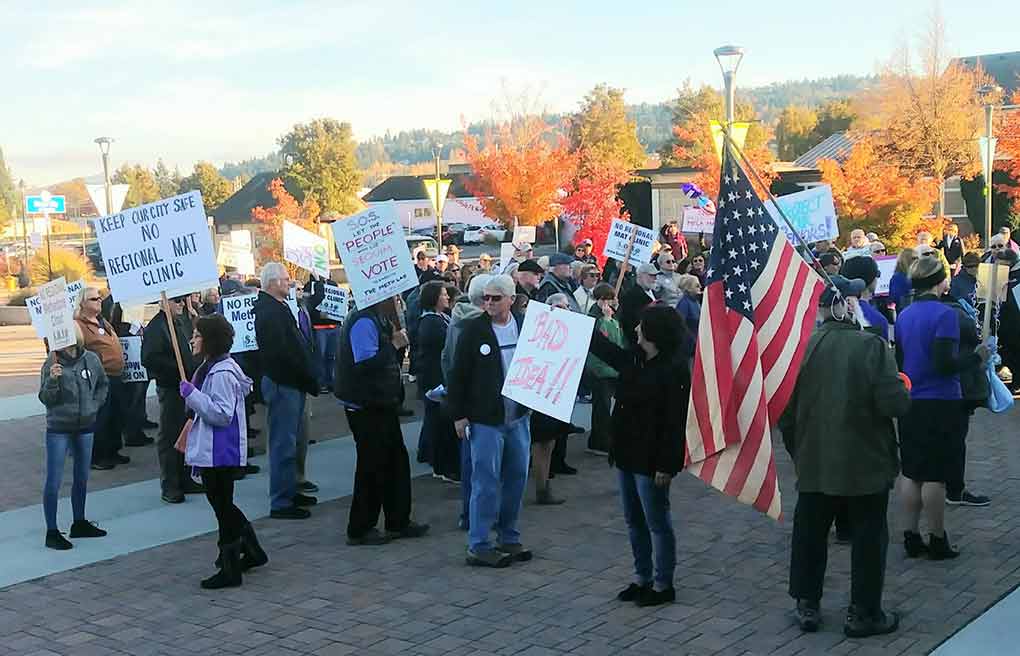The hearing scheduled for September 28-30, 2020 is cancelled. I do not have jurisdiction over consolidated permit hearings that include a SEPA appeal. I will be issuing an interlocutory order that outlines the legal basis of this conclusion within the next few days. I will subsequently issue a final decision that addresses the other jurisdictional arguments made by the parties, to avoid remands in case a reviewing court disagrees with my determination.
Given that one of my objectives as an examiner is to manage an efficient review process, I am disappointed I have to make this ruling. Unfortunately, there is little room for reasonable disagreement on the jurisdictional issue. If I were to retain jurisdiction, a reviewing court would very likely overturn my final decision and remand the appeal back to the City Council to do the entire process over again. Ultimately, correcting course at this time is the only way to prevent what would otherwise be an even more significant unnecessary loss of time and money for all parties. If my ruling is contrary to the wishes of the City Council, the Council may still have the option of amending its code to delegate decision making responsibility on SEPA appeals to the hearing examiner. Procedural rules, which likely includes appellate jurisdiction, is not subject to the vested rights doctrine. See Graham Neighborhood Ass’n v. F.G. Associates, 162 Wn. App. 98 (2011).
Despite one poorly written SMC section to the contrary, the City’s permit processing framework overall is designed to limit Hearing Examiner review to ministerial permits and minor permitting decisions. The City Council has reserved all significant discretionary decision making to itself. When SEPA came out in the 1970s the courts early on expressly recognized that SEPA can be used to change ministerial permits into discretionary ones, by giving decision makers broad authority to mitigate environmental impacts. This is likely why not one but two SMC permit processing provisions expressly assign SEPA appellate review to the City Council.
As to arguments brought up by the City and Tribe, the Packwood and SOS appeals were properly consolidated with a final underlying government decision, i.e. the City’s design review decision. SEPA has never been construed as requiring a threshold appeal to be consolidated with the last permit for a proposal. Threshold appeals are routinely processed and resolved prior to the application of building permits. Case law upholds this practice. Finally, as determined in the Puyallup case and as demonstrated in other SMC provisions, references to a “DNS” encompass an “MDNS.” These and other arguments will be fully addressed in my interlocutory order.
By Staff
Sequim
After a lengthly time of discussions, the newly hired Hearing Examiner, by the City of Sequim, has thrown in the towel on the scheduled upcoming hearing dates. Phil Olbrechts sent a letter to the City and has made the decision to cancel hearings.
The City Council is the designated decision maker for City of Sequim and it appears that will happen now, as the situation continues with the projected plans, of the Jamestown S’Klallam Tribe. Plans have been underway for a Medically Assisted Treatment Center (MAT)in the heart of Sequim, near Costco business district, as well as senior housing, churches, schools, and sports centers.
Appeals that have been paid for and submitted will not be heard.
———Letter from Phil Olbrechts ——–


Recent Comments